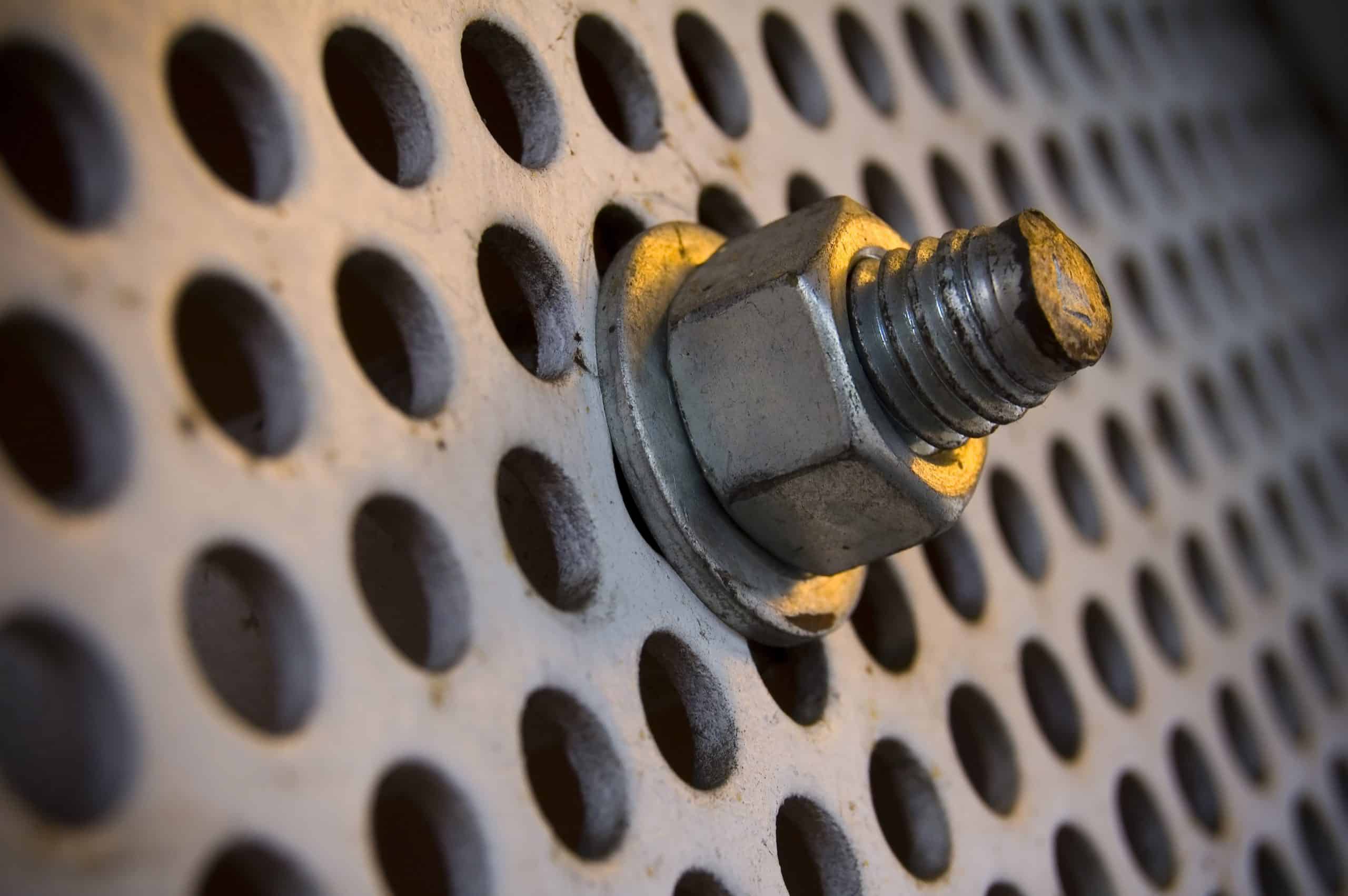Divorce Mediation Maryland Basics
Divorce mediation Maryland with Dr. Earwicker can be an alternative to lengthy, public court battles. A divorce mediator can assist with a settlement agreement on issues like property division, alimony, child support, child custody, and more. In Maryland, couples can then file the divorce settlement agreement with the court as an uncontested divorce, simplifying the procedures and costs associated with filing for divorce. Under Maryland law, an even simpler method is the “mutual consent” divorce, when the couple agrees on all issues.
You can save time and money by first working with a mediator to resolve your disputes and then file an uncontested divorce in Maryland. You’ll need a settlement agreement in order to do this. Maryland allows for either an “absolute divorce” or a “limited divorce,” which is most like legal separation in other states. Md. Code, Family Law § 7-103 (2021). Regardless of your divorce filing status in Maryland, mediation can also help with other, ongoing disputes, even after the divorce is final.
For more information on uncontested divorce and divorce mediation Maryland, visit DivorceNet’s page on divorce in Maryland.
Divorce mediation offers a number of advantages, including:
- lower cost,
- freedom to make informed decisions,
- control, and
- communication.
You and your spouse control the outcome of divorce mediation, not the courts.
For divorce mediation to be successful, it’s important that both spouses engage in good faith. Mediation will likely not be successful if one spouse is more interested in harming the other spouse than resolving disputes over property or child custody arrangements. If both spouses engage in good faith, though, mediation can save significant time and money for both spouses.

